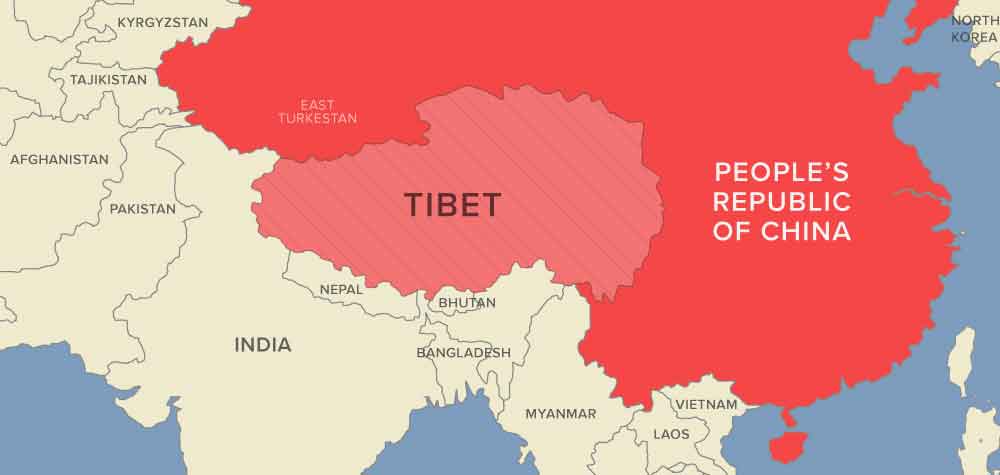One day before the UN Human Rights Council’s review of China, the International Campaign for Tibet urgently appeals to the international community to address the Communist Party’s repressive policies in Tibet.
On Jan. 23, 2024 in Geneva, China will face the so-called “Universal Periodic Review” (UPR) for the fourth time. All UN member states must undergo the review on a rotating basis.
“UN member states must use the upcoming review process to press for sweeping changes in Chinese policy in Tibet. The massive attacks on Tibetan culture, Tibetan Buddhism, the Tibetan language and the Tibetan way of life are no longer acceptable. Of particular concern are the residential school system and resettlement programs, which affect millions of Tibetans. It is a farce that the Communist Party is selling this as progress, according to its authoritarian definition of what is supposedly good for the people and what is not,” said the International Campaign for Tibet, an advocacy group that promotes human rights and democratic freedoms for Tibetans.
Widespread, systematic violations
In the run-up to China’s review at the UN Human Rights Council, ICT, together with the International Federation for Human Rights (FIDH), had already submitted a report in July 2023 detailing the systematic and widespread patterns of rights violations in Tibet.
The report contains a number of recommendations to the international community, which ICT and FIDH believe should be addressed to the Chinese government in the context of Tuesday‘s review of China by the UN Human Rights Council.
In their report, ICT and FIDH highlight three aspects of the Chinese government’s repressive policies against Tibetan culture:
- The system of “forced boarding schools” and the associated goal of restricting the Tibetan language and alienating Tibetan children from their culture.
- The forcible expulsion and resettlement of Tibetan nomads and rural populations from their ancestral lands.
- The persecution of Tibetan Buddhists because of their faith and religious practice, combined with an ideological transformation of religious institutions.
savetibet.org

